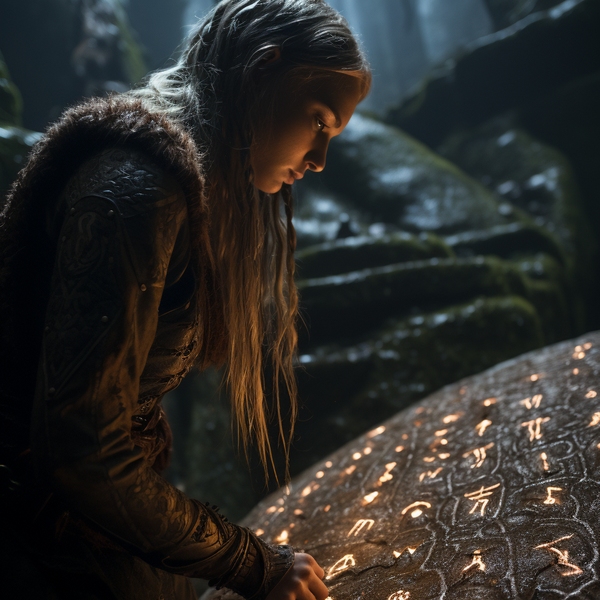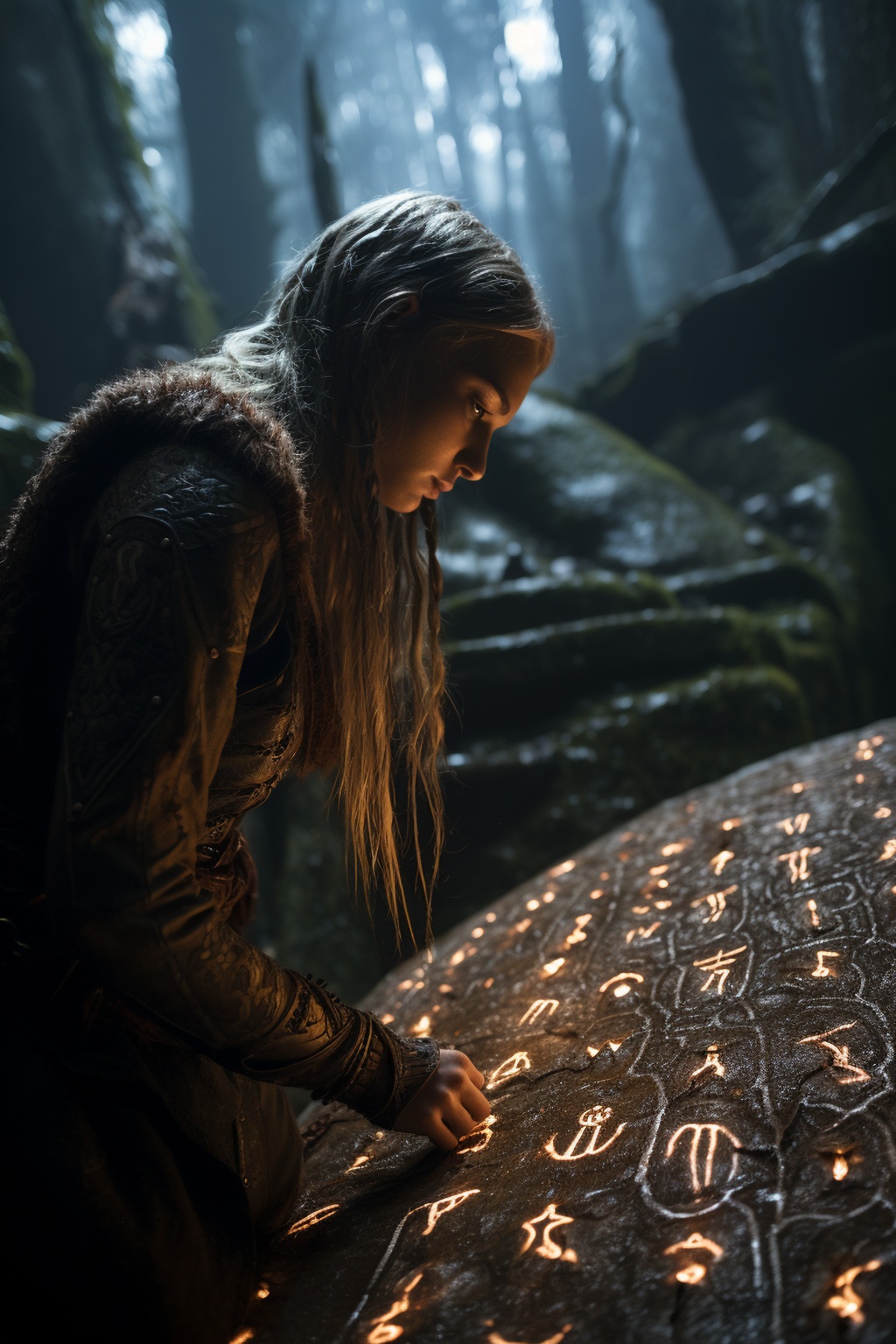

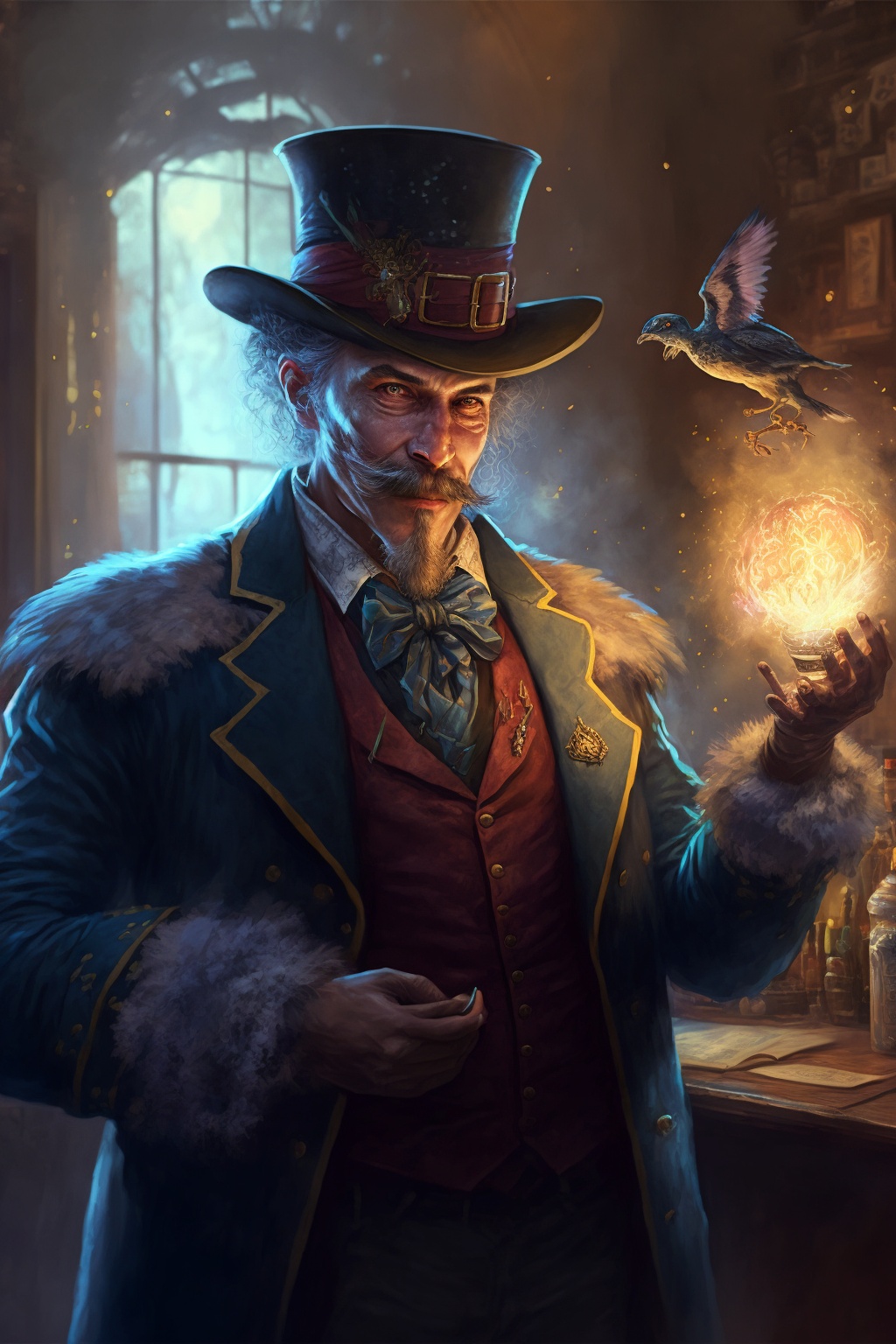
Zauberei ist die in den Augen der anderen magischen Zünfte "niedere Kunst der Magie". Die Zauber sind hauptsächlich in die Kategorie Tricks und Scharlatanerie zu fassen, sie können zwar mächtige Illusionen schaffen, jedoch nur geringen Einfluss auf die Umwelt nehmen. Die Ausübung der Zauberei ist bis auf wenige Ausnahmen mit wenig Aufwand verbunden.
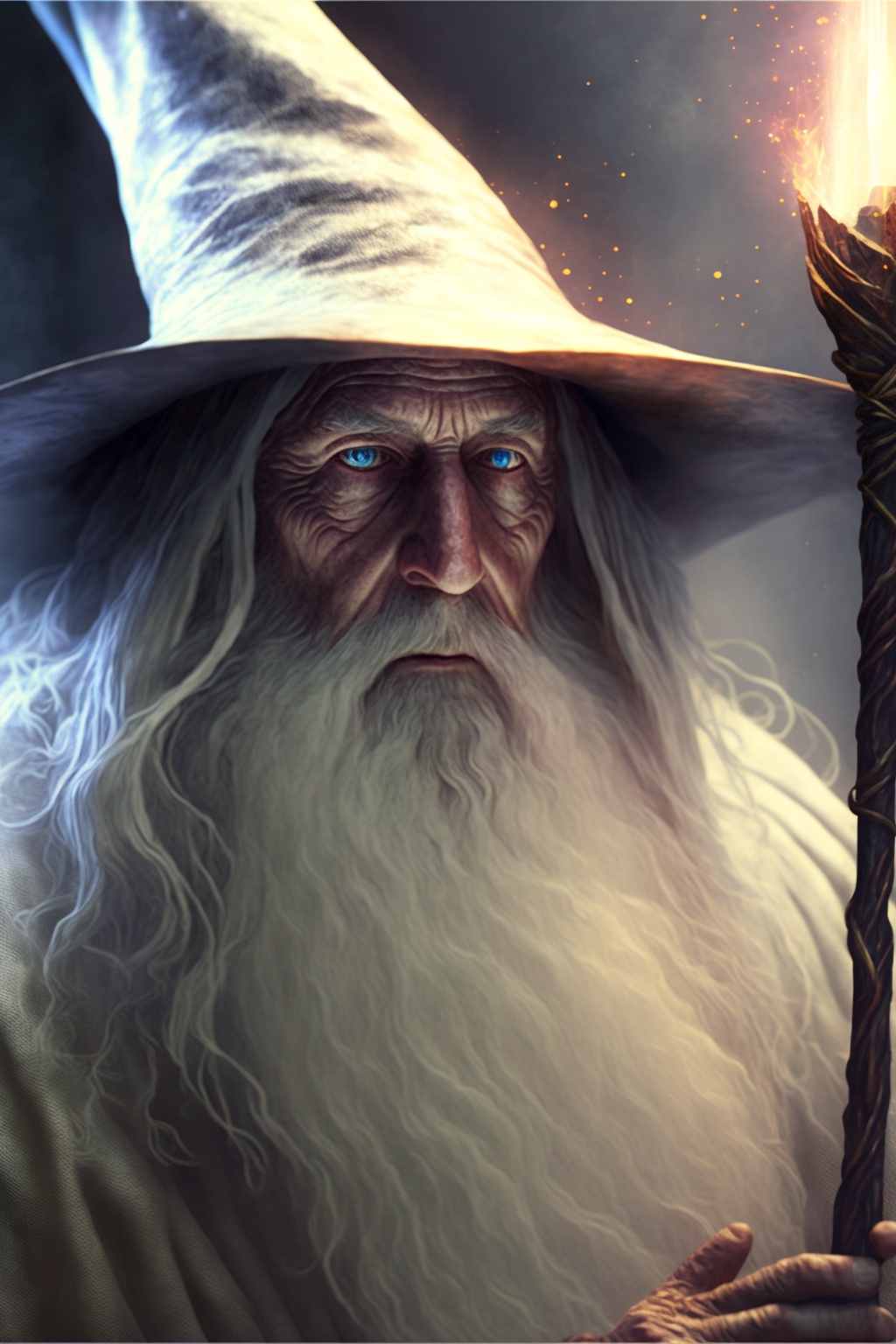
Der Ursprung der weißen Magie ist weitestgehend unbekannt, wird jedoch der Titanin Dilae direkt zugesprochen. Wirken der weißen Magie ist seit dem zweiten Zeitalter bekannt, die Ursprünge führen weit vor die Existenz von Magieschulen oder Akademien zurück. Weiße Magie kennt nur defensive oder heilende Zauber. Mit der weißen Magie kann kein Schaden verursacht werden. Sie vermag es jedoch, Untote zu bannen und wirksame Sprüche gegen das Volk der Echse zu wirken.
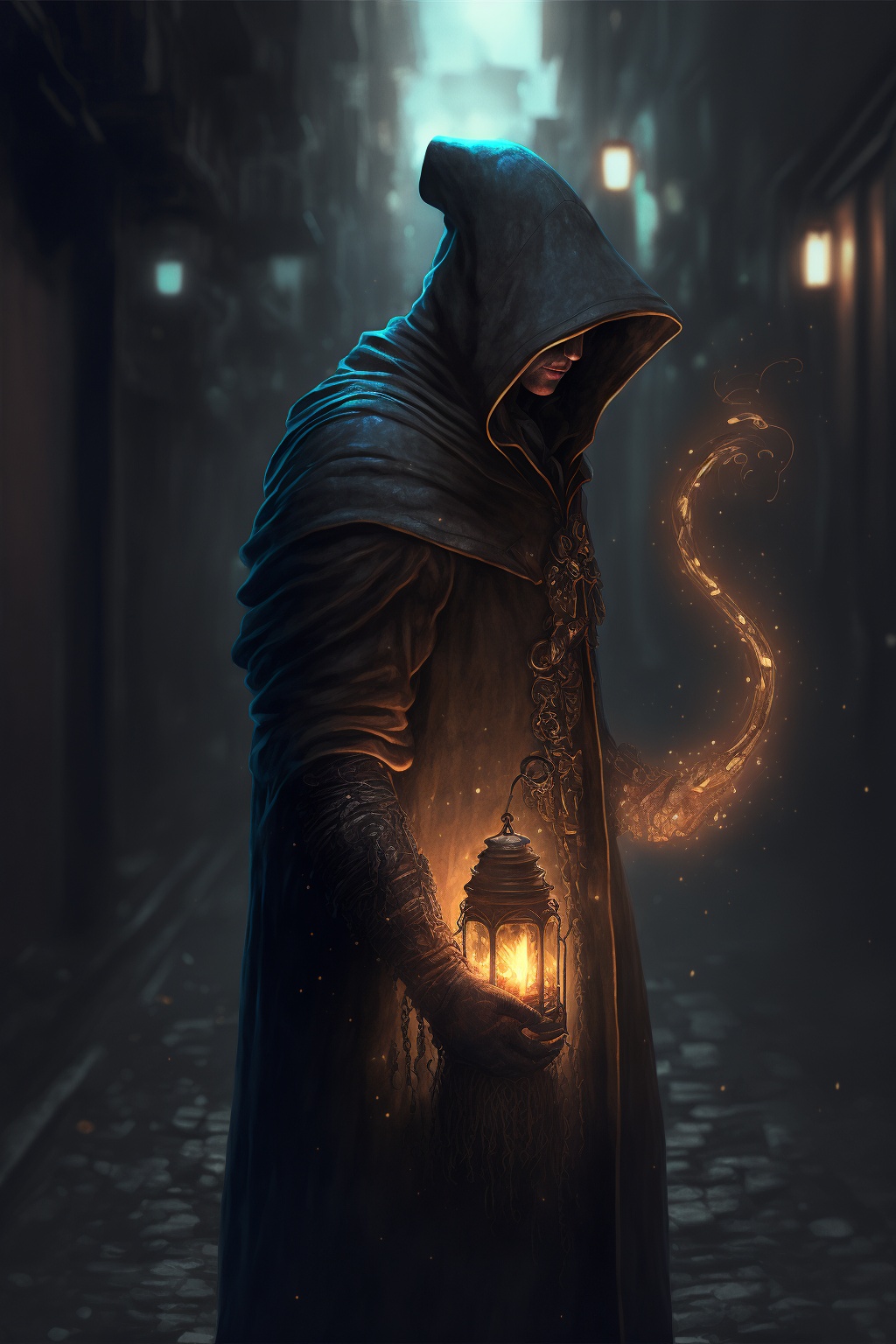
Schwarze Magie hat ihren Ursprung bei den Dämonen und dunklen Göttern. Den Mythen und Magietheoretikern nach ist es der dunkle Gott Dogan, welcher im Krieg mit den Titanen Dilae gegenüber trat und die schwarze Magie in die Welt brachte. Zauber der schwarzen Magie sollten im Sinne der dunklen Götter sein und sind mitunter mit Opfern verbunden.
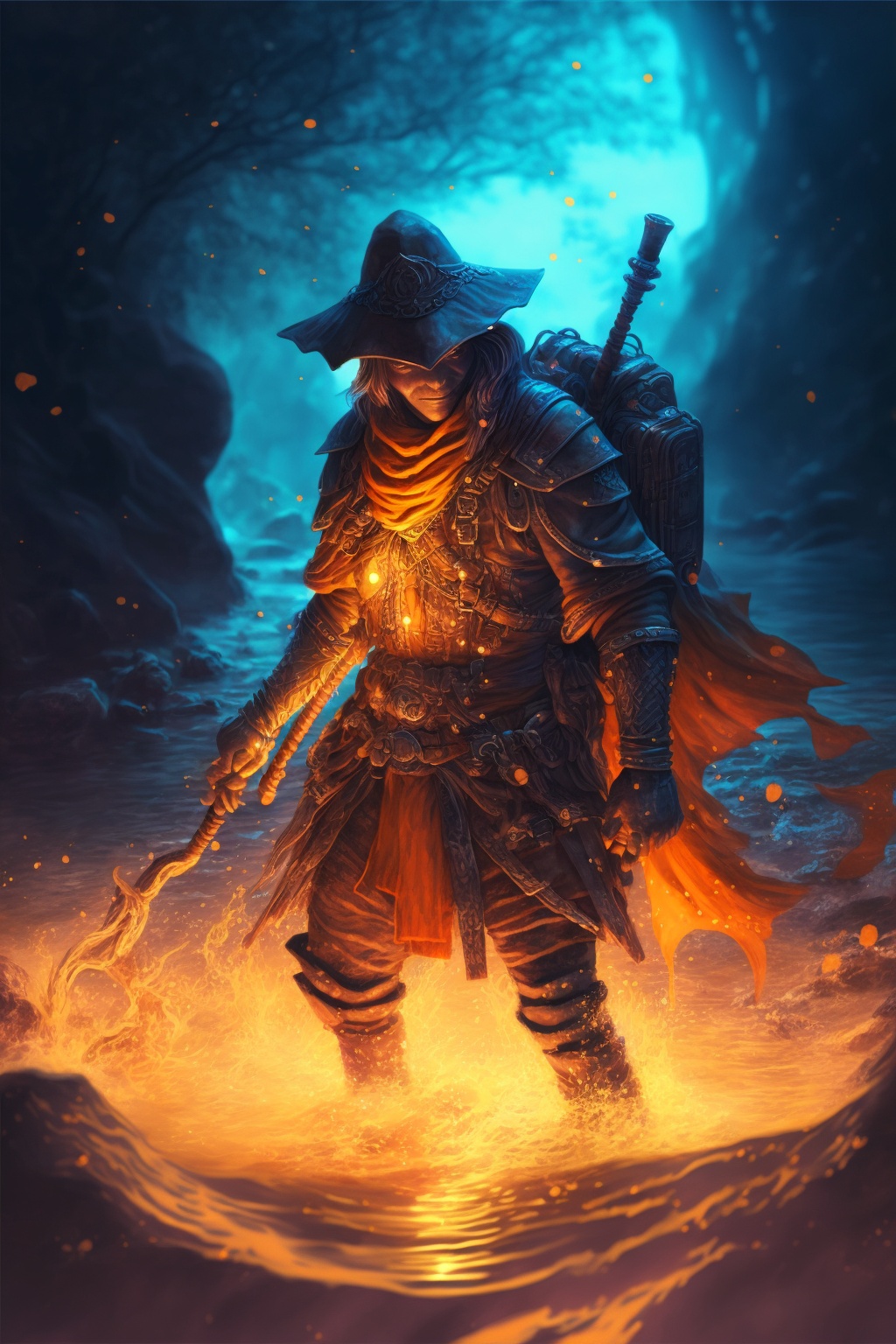
Die Quellen der Elementarmagie sind die Elemente und Pflanzen Tirakans selbst. Zauber der Elementarmagie sind häufig nur möglich, wenn der Elementarmagier eine kleine Menge des Elements mit sich führt oder in der Nähe hat. Elementarmagie wird unter anderem von Druiden, Elementarmagiern und Waldläufern gewirkt. Elementarmagie wird sowohl von naturverbundenen Magiern gewirkt, ist jedoch auch bei eher akademisch geschulten Magiern beliebt.
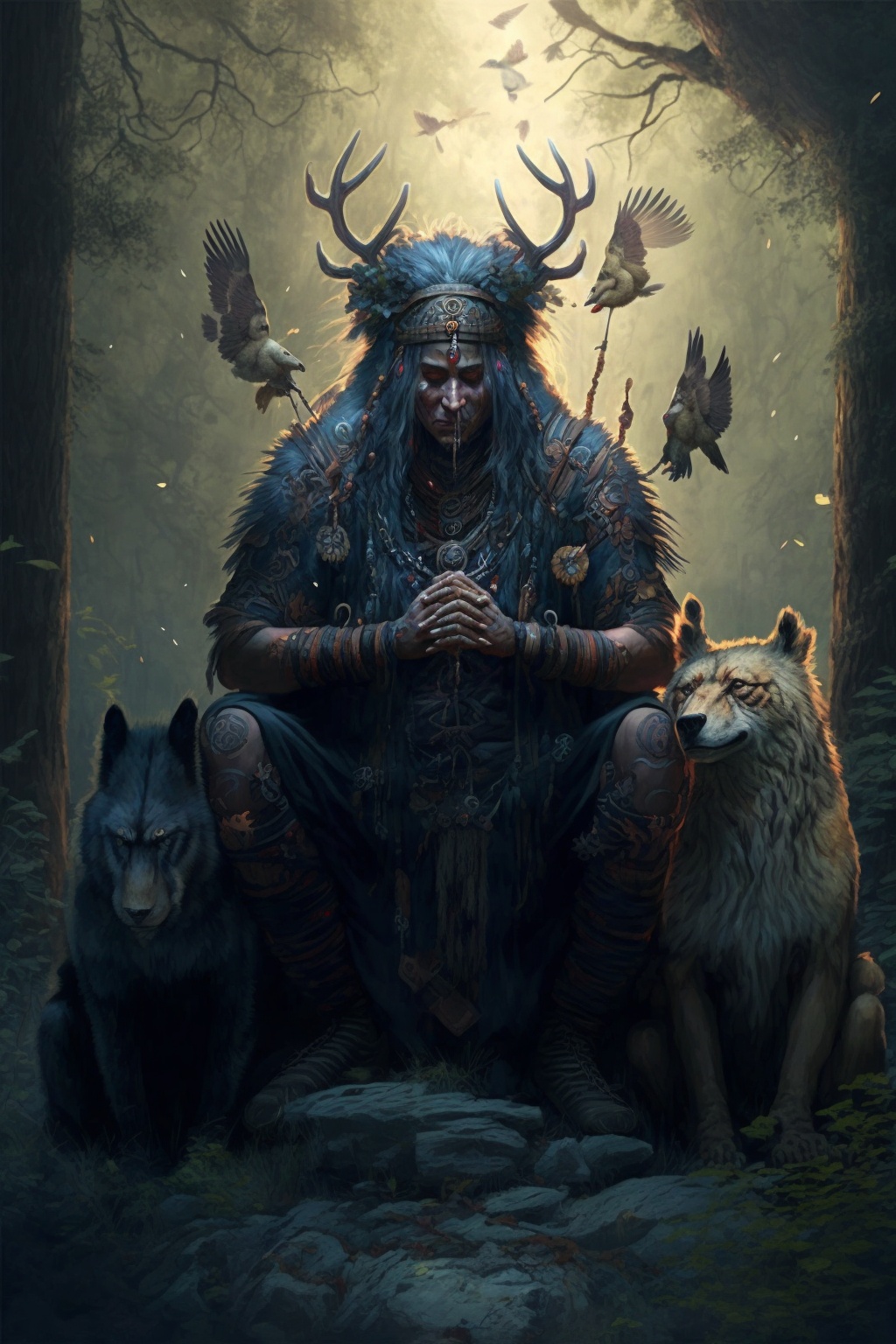
Die Ursprünge des Schamanismus sind so alt wie Tirakan selbst. Seit es Lebewesen auf Tirakan gibt, gibt es auch spirituell mit ihnen verbundene Menschen. Den Schamanen und seinem Totem (von akademischen Magiern auch Krafttier genannt) eint hierbei ein besonderes Band, welches von außenstehenden kaum erfasst oder gar verstanden werden kann. Das Totem, welches den Schamanen erwählt, bestimmt hierbei die Ideale und Verhaltensweisen des Schamanen.
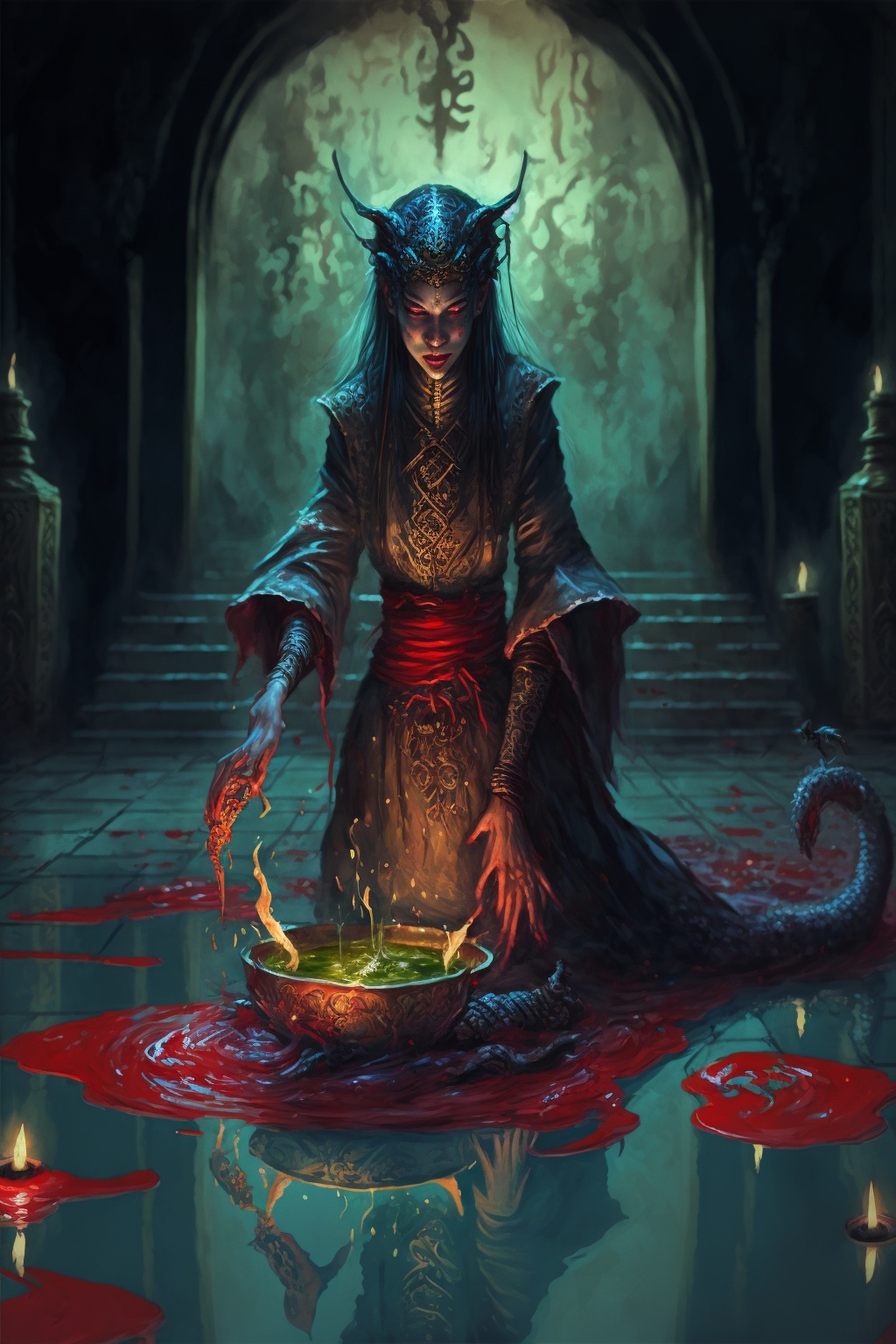
Geboren aus der Blutmagie, die jeder Magier beherschen kann, streben manche Magier nach der Perfektion dieser Kunst. Durch diese Spezialisierung verliert der sanguine Magier die Fähigkeit, andere Magie als Sanguine zu wirken. Die Motivation hierfür können verschiedenster Art sein über die Enträtselung des Geheimnisses des Lebens selbst bis zur Verehrung des Vampirismus.
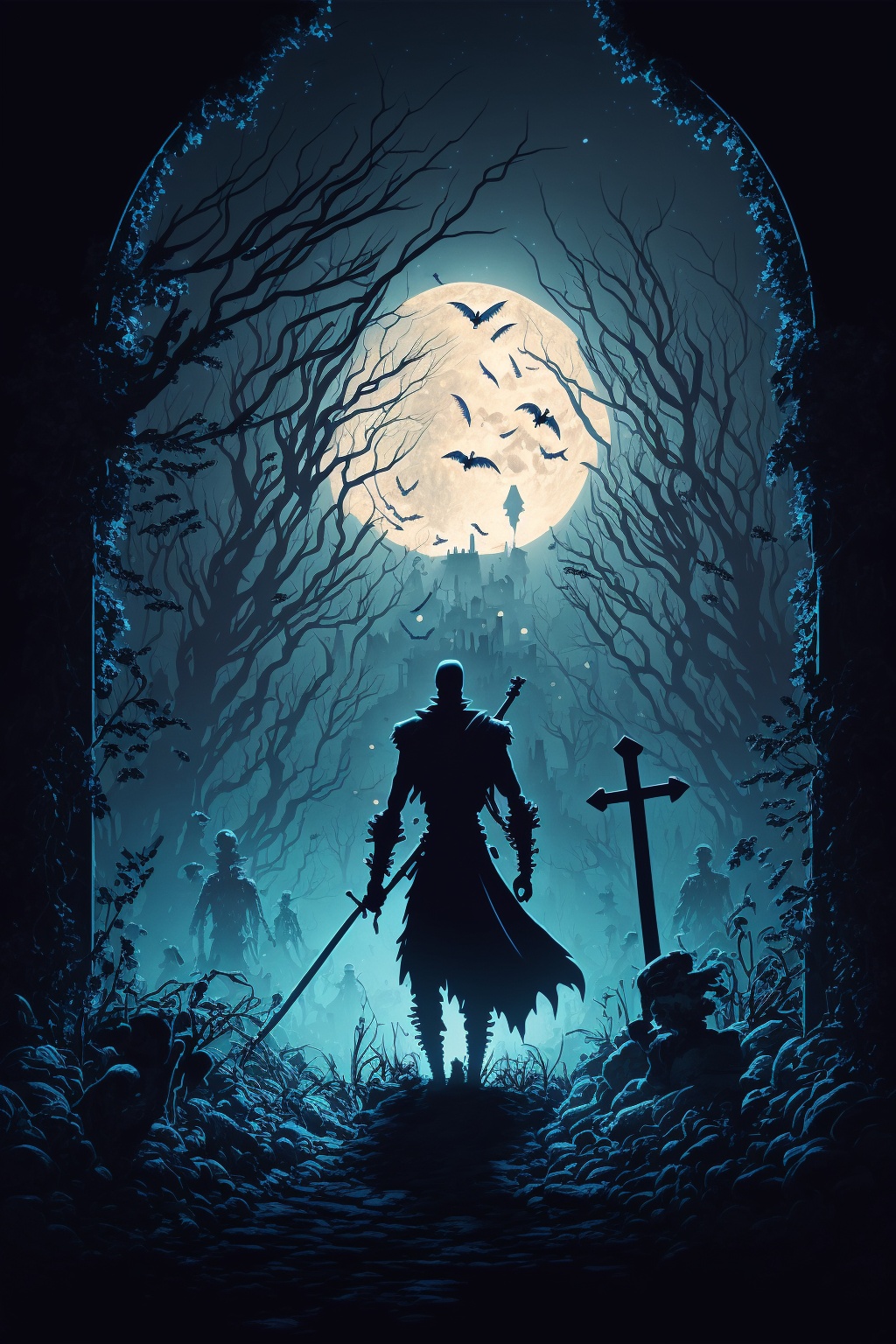
Eine der finstersten Formen der Magie ist die Nekrologie, die Belebung und Veränderung von toten Wesen. Die Zauber der Nekrologie reichen von Wiederbelebungen der Toten bis hin zu der Kommunikation mit einem Toten. Die Nekrologen, die diese Art der Magie ausüben, sind in weiten Teilen Tirakans geächtet, wenngleich es bestimmte Regionen gibt, in denen die Nekrologie zumindest teilweise geduldet wird. So gibt es in Toran über viele Jahrhunderte das Nekrolarium, den Überlieferungen nach die einzige Nekrologische Akademie.
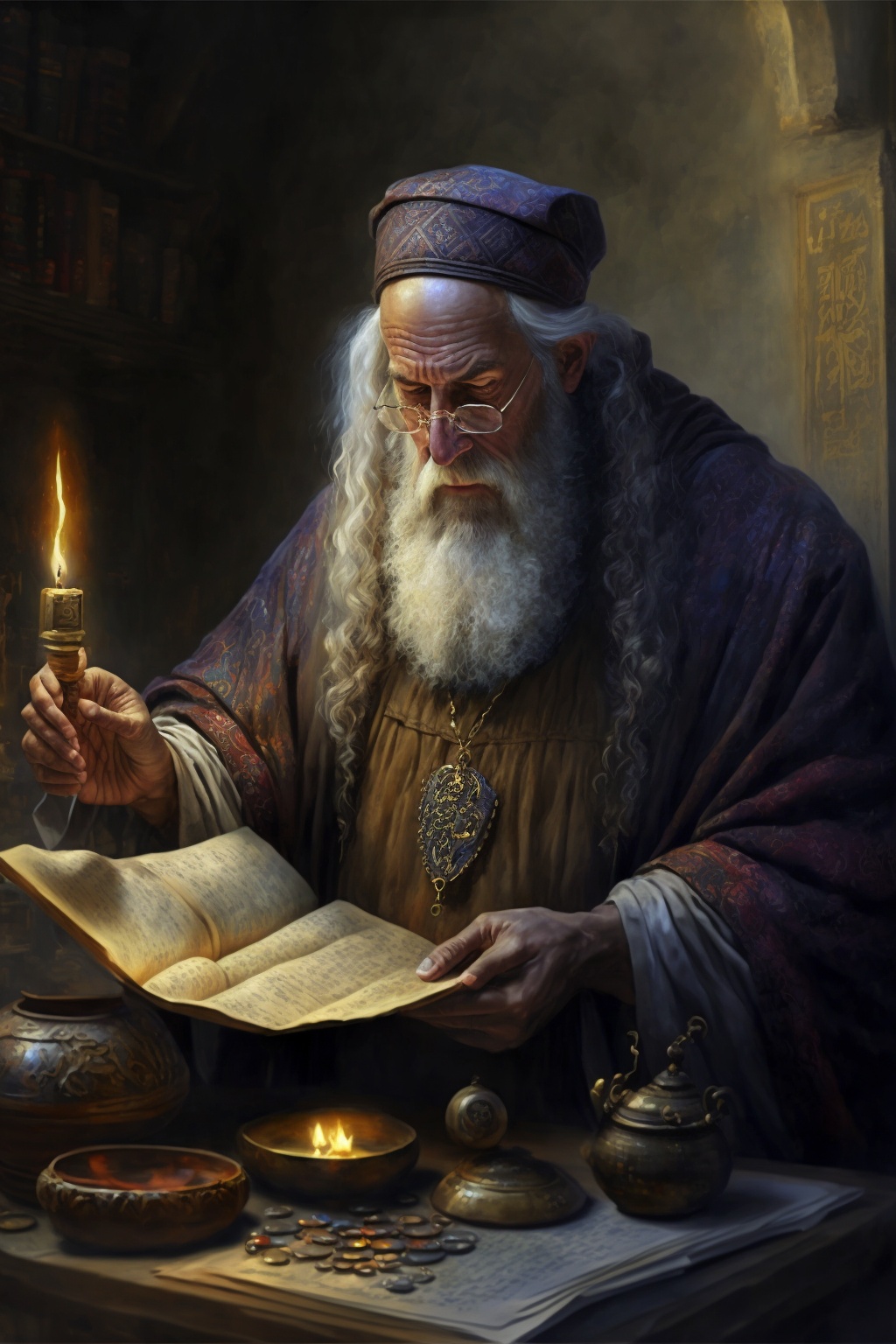
"Magischer Pfad zum Göttlichen – Der Mystiker, Mittler zwischen Magie und Titanen" - Bericht des Merider Magieforschers Ramon d'Ora, 5. Jahrhundert EC, “Ursprünge der “kleinen und altehrwürdigen” Kunst welche Mystizismus genannt wird”, Quartheft, Indexnummer VII-XXII der Großen Bibliothek zu Merid
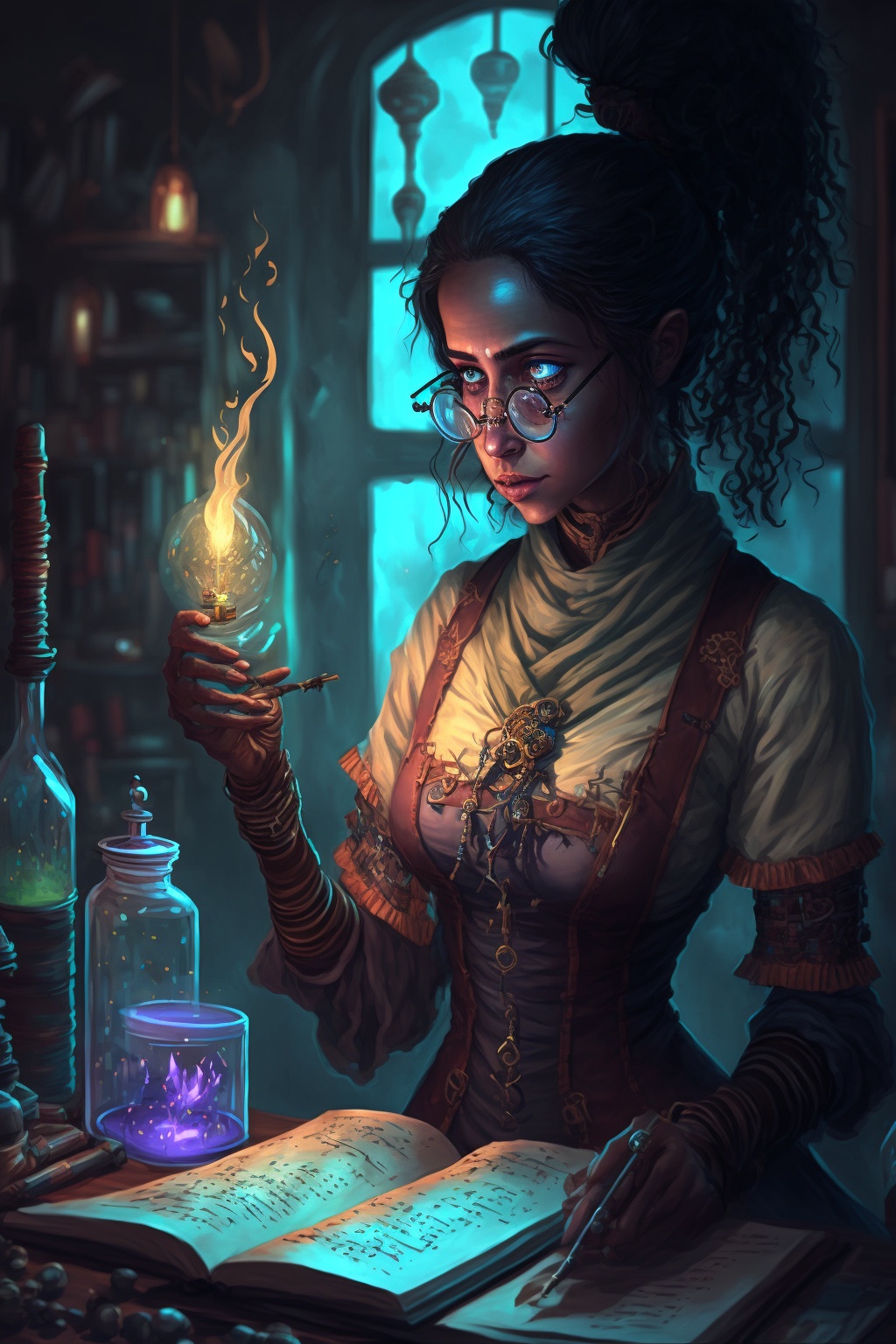
Hermetik ist die hohe Kunst der Magie, und damit das Gegenstück zur Zauberei. Magier, die Begabten der Hermetik, sind zumeist angesehene Leute und haben eine lange Ausbildung hinter sich. Die Hermetik geht davon aus, dass Magie in jeder Form beherrschbar ist, und so werden die Zauber der Hermetik in Akademien gelehrt und in Büchern aufgeschrieben.
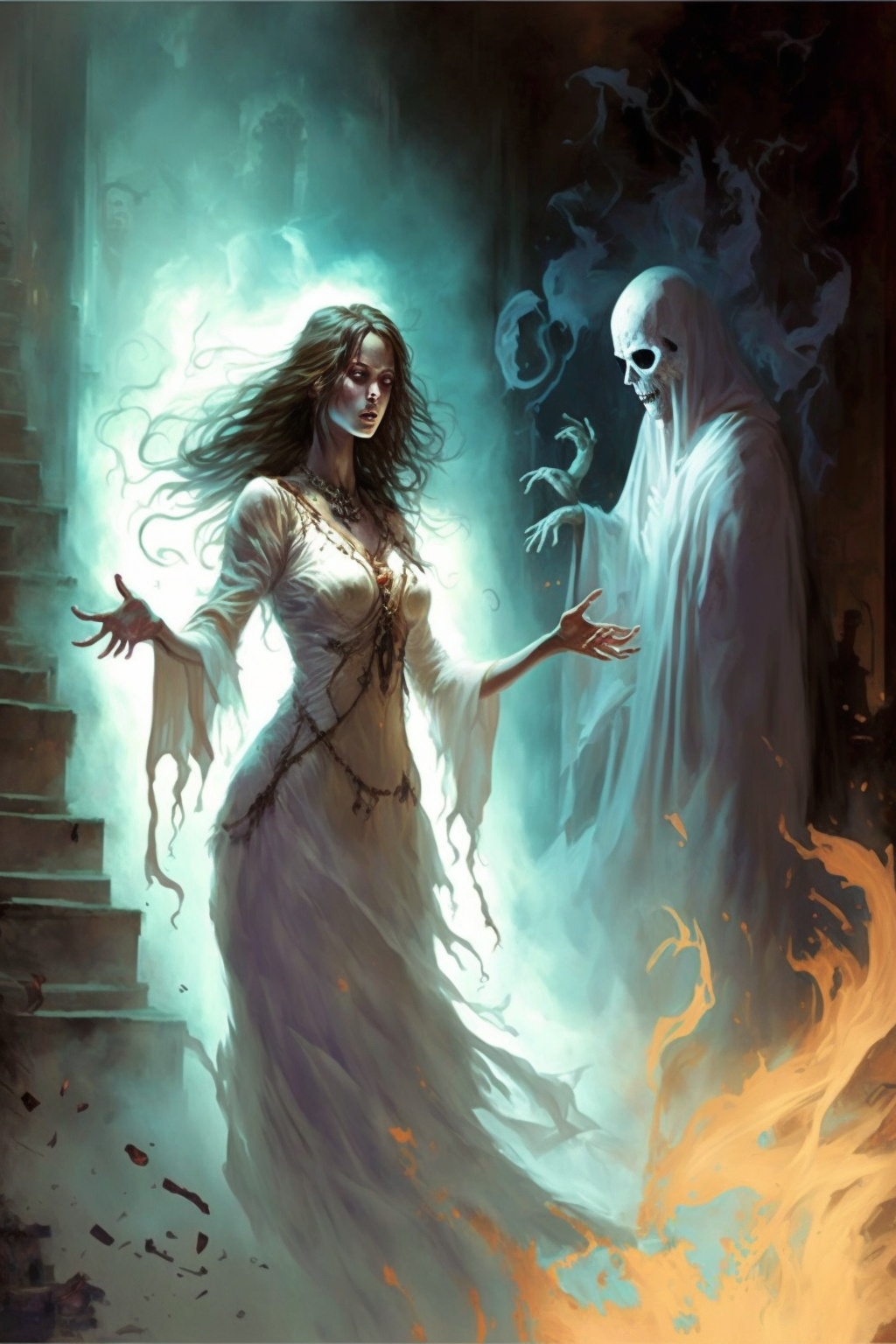
Die Geisterbeschwörung ist, anders als die Nekrologie, eine Art der Magie, die zwar nicht geachtet, aber zumindest respektiert wird. Geisterbeschwörer sind in der Lage, mit den Geistern von verschiedenen Wesen Tirakans zu kommunizieren und sie in die Welt zu rufen. Die Zauber werden meistens in Form von längeren Ritualen ausgeführt.
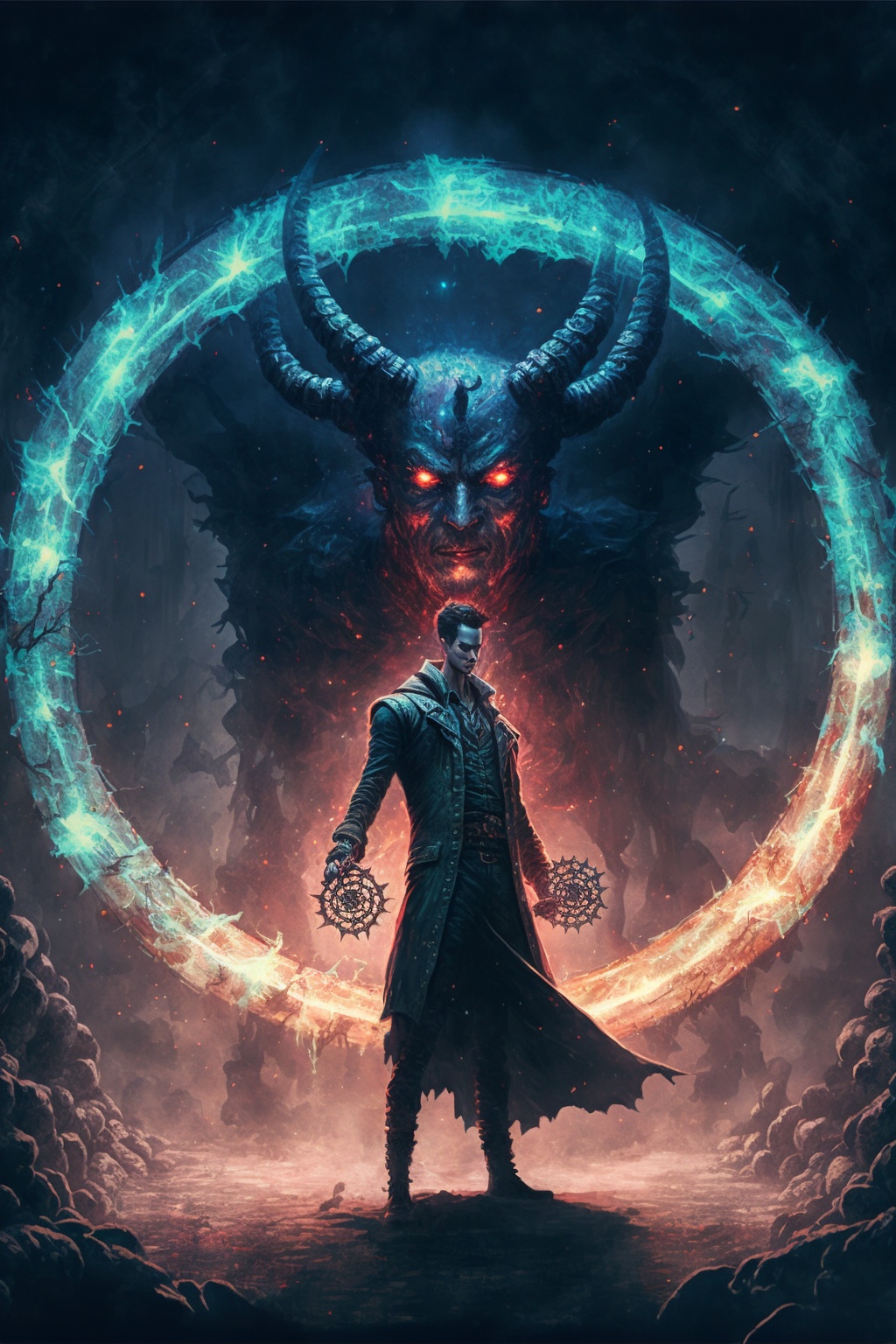
Dämonologen ziehen die Kraft ihrere Magie aus der festen Bindung an einen Dämonen. Dies ist für gewöhntlich einer der dreizehn Erzdämonen, welchem sie ihre Kräfte und ihr Leben widmen. Sie sind in der Lage niedere Dämonen aus der Domäne des von ihnen gewählten Erzdämons zu rufen und zu binden, sowie die Dämonendiener des Erzdämons anzurufen und für die "Bezahlung" in Form eines Dienstes o.ä. um eine Gefälligkeit zu bitten.
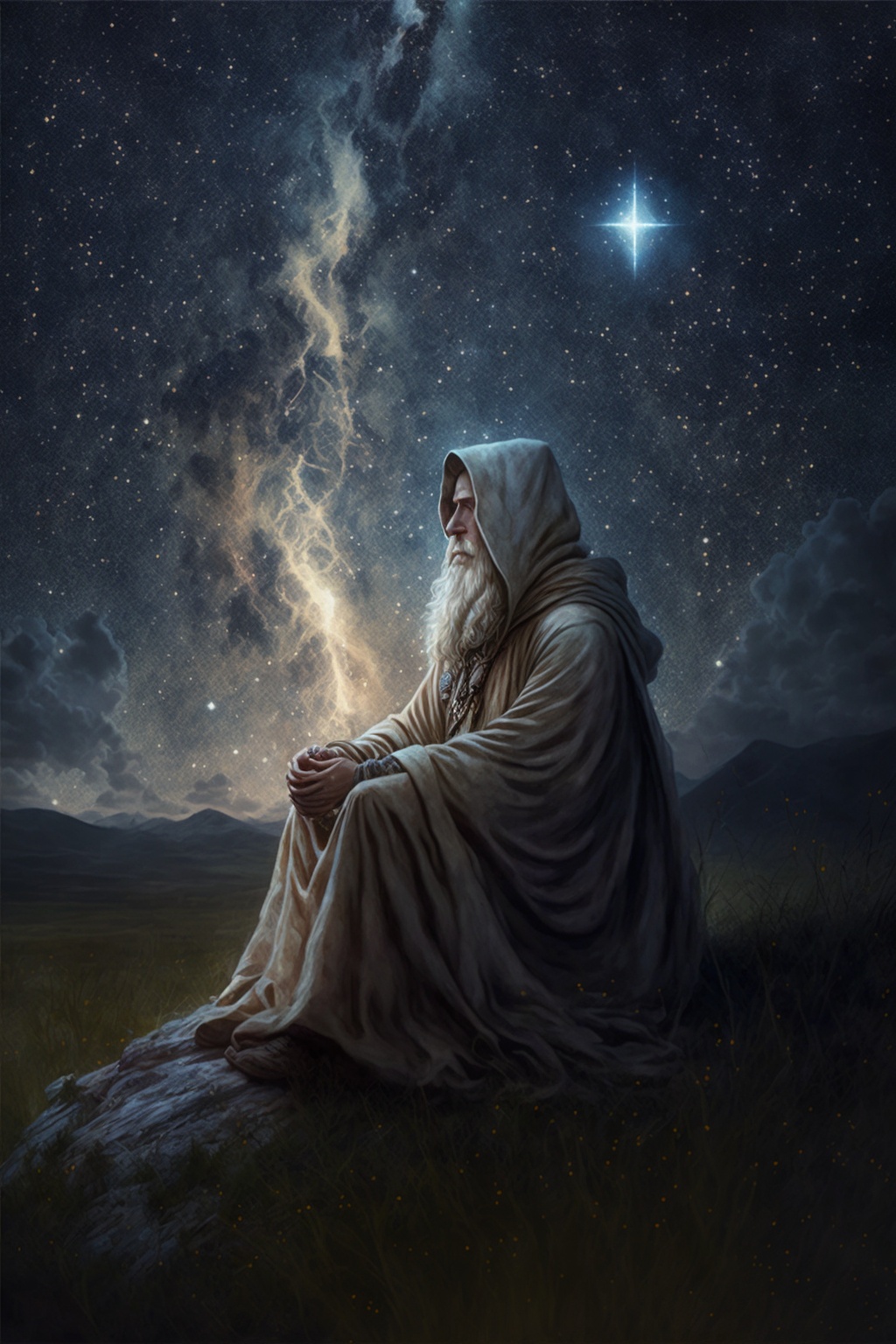
Die Astrale Magie ist die einzige Ausrichtung der Magie, die ihre Kraft nicht aus den Gefilden Tirakans, sondern aus den Sternbildern einer fernen Welt bezieht. Der Ursprung dieser Magie liegt in der Ankunft der Reisenden, und ihre Bindung an diese fremden gottartigen Wesen ist nicht zu übersehen. Viele Schulen der Astralen Magie sind den Elfen sehr nahe, und sie ehren die Drachen und Reisenden.
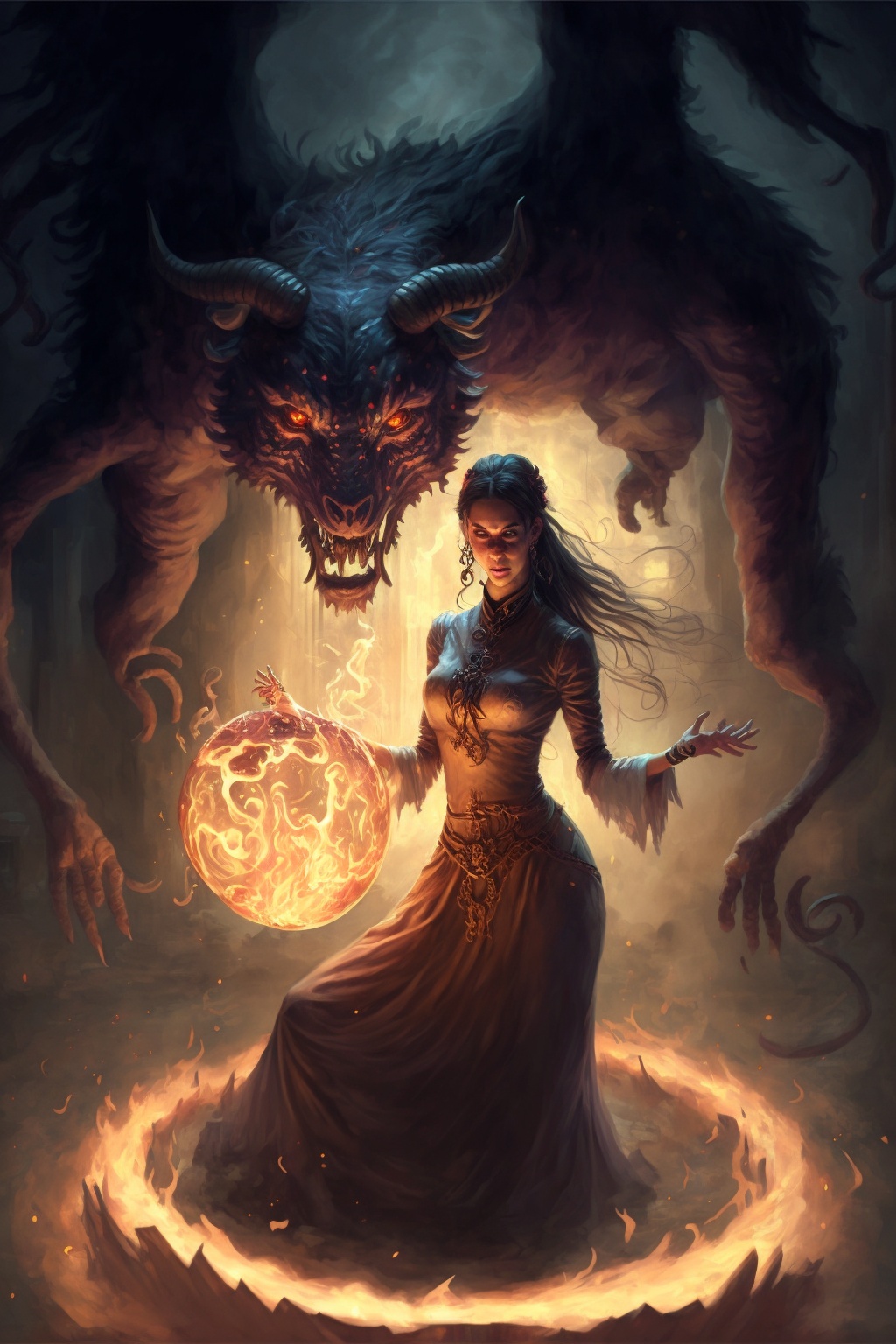
Die Chimärologie ist das Verbinden von Lebewesen zu neuen, grausamen Geschöpfen. Chimärologen sind wie die Nekrologen weitestgehend geächtet. Die Zauber sind oft langwierig und ähneln Ritualen.
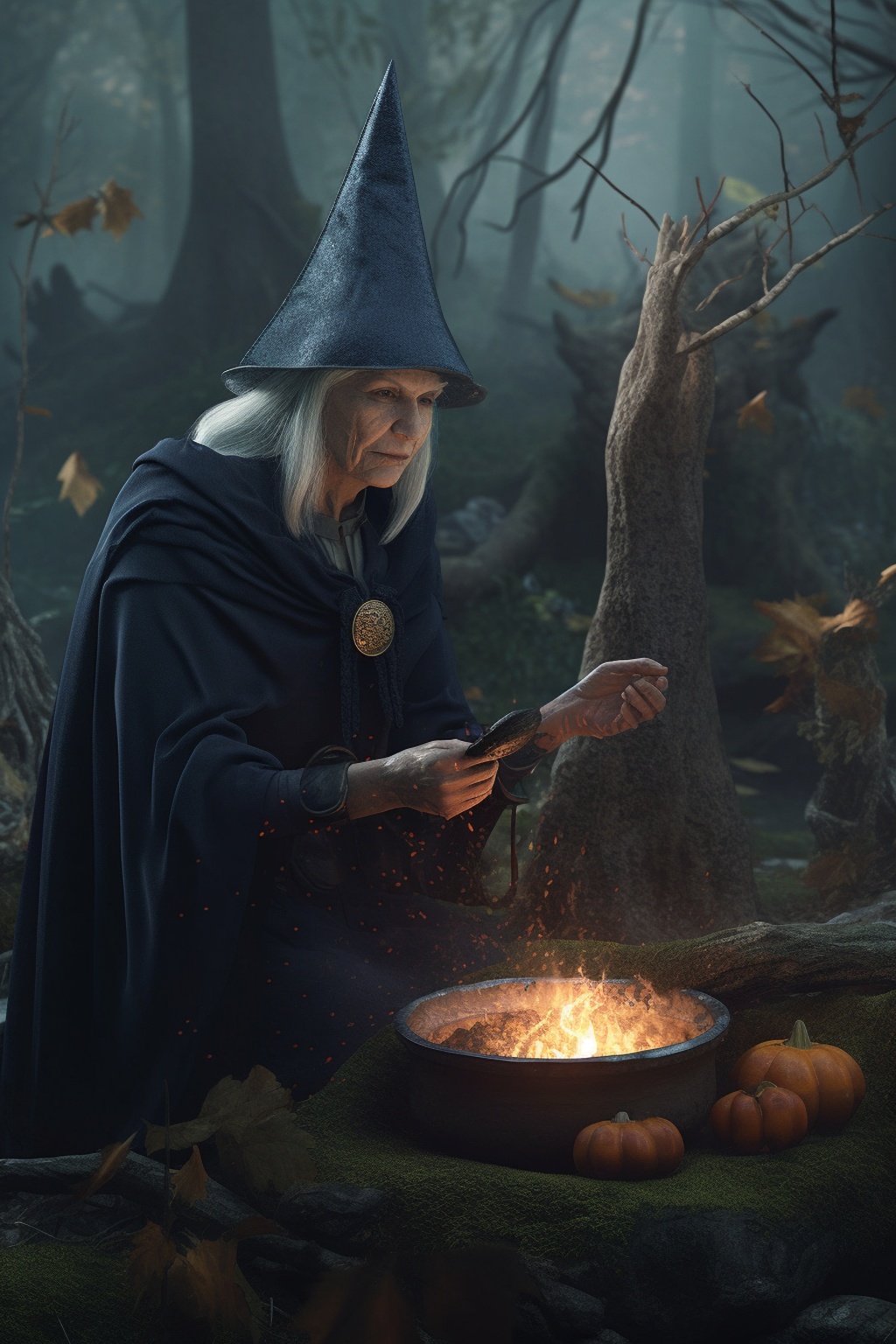
Das Sprechen von Flüchen ist ein weitreichendes Gebiet. Flüche werden entweder direkt gesprochen oder über lebende Wesen überbracht und haben direkten Einfluss auf eine Person oder ein Gebiet. Einzig Hexen/Hexer können Flüche sprechen.
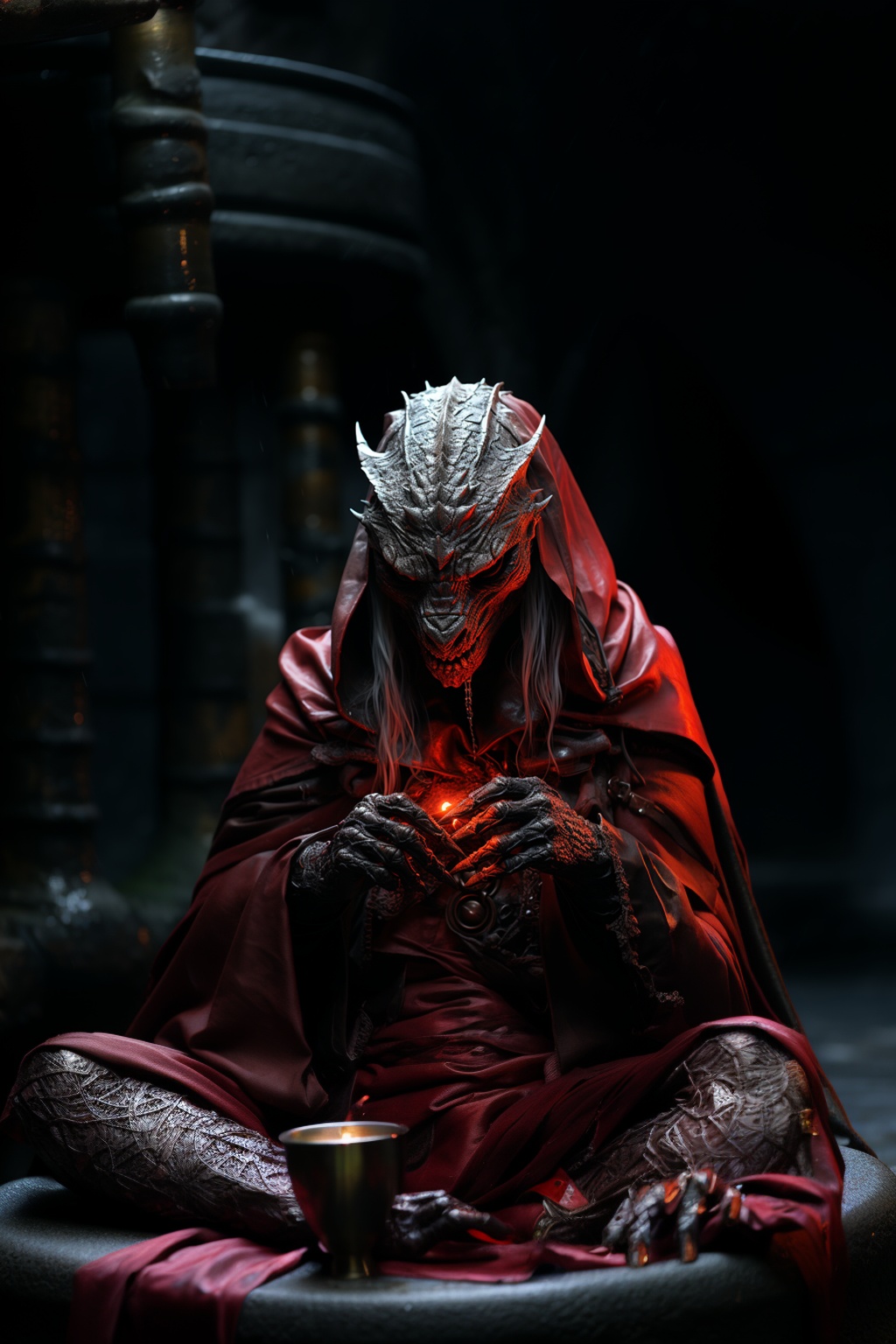
Der Ursprung dieser Magie liegt zusammen mit dem Ursprung der Echsen als solches. Düster und fremd sind ihre Rituale und Zauber, unerlernbar für Menschen oder andere Begabte. Schafft es ein andersartiger Begabter z.B. einen Spruch der Echsen zu übernehmen, fällt dieser sofort bei Übernahme, der übernehmende Begabte jedoch erhält den Zauber nicht.
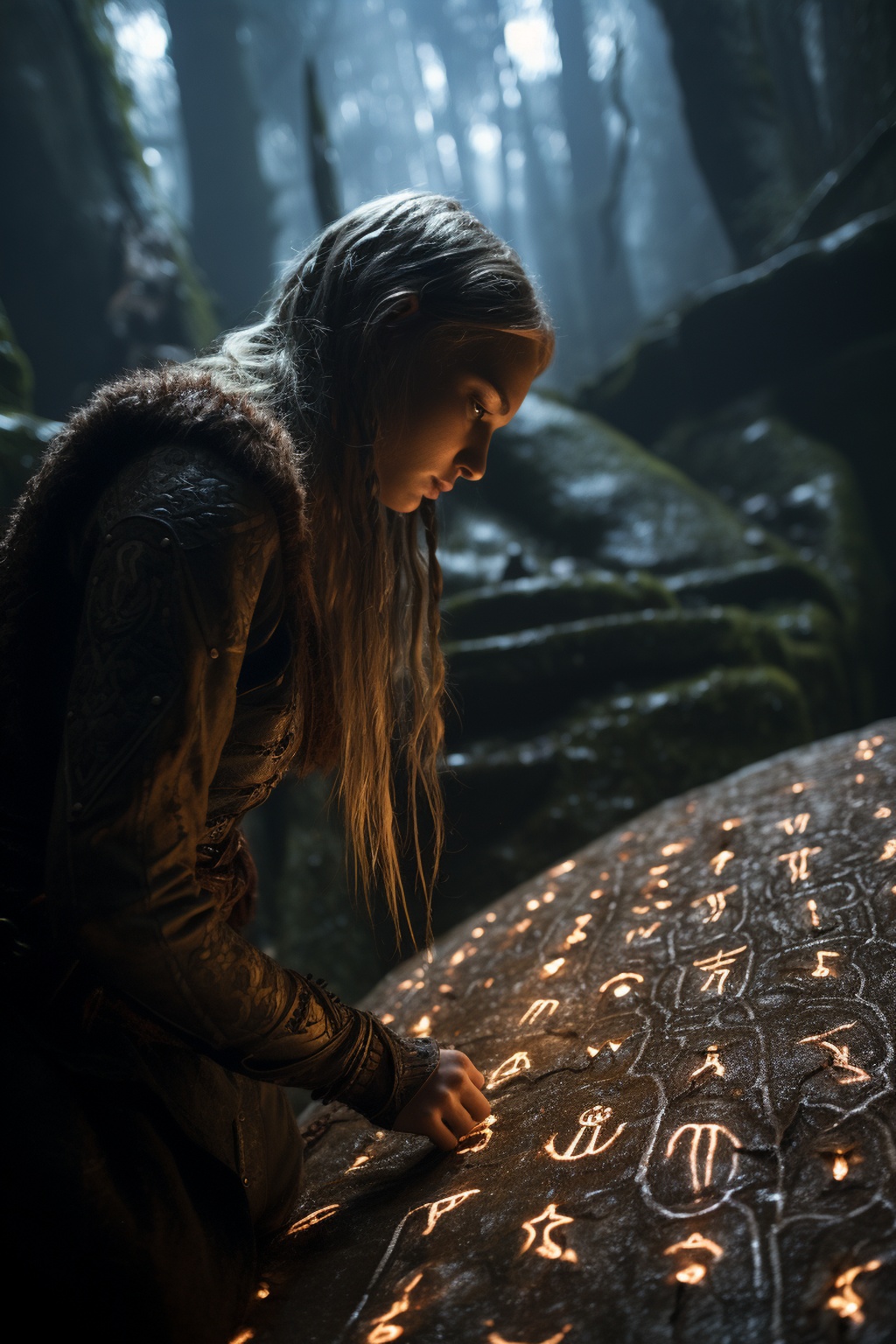
Eine weitere Magieform ist das Legen magischer Runen. Durch gewisse Runenformationen werden Zauber ausgeführt. Die Zauber bewegen sich meistens im Bereich der Geisterbeschwörung, der Elementarmagie oder des Schamanismus. Runenleger und Waldläufer beherrschen diese Art der Magie.
